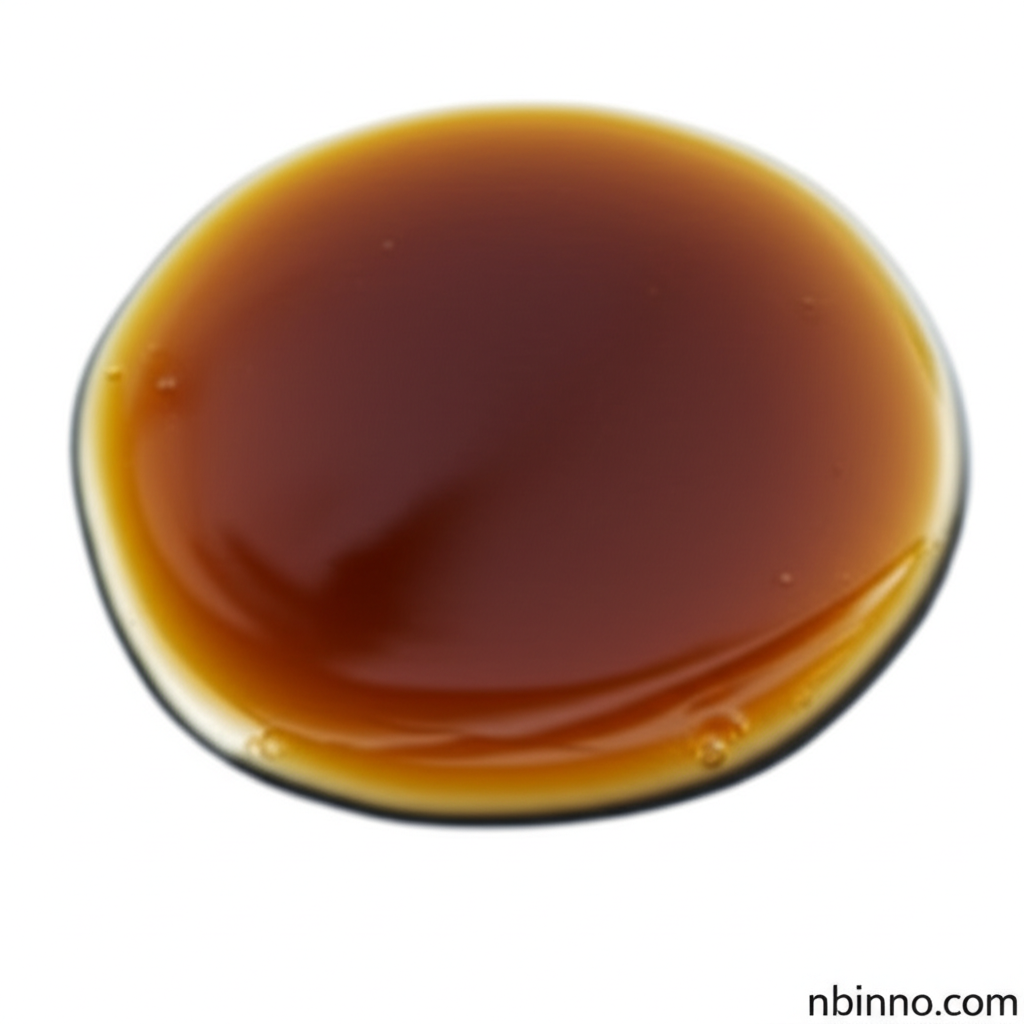5-Chloro-2-pentanone: A Versatile Intermediate for Pharmaceuticals and Agrochemicals
Explore the key uses and properties of this essential chemical building block.
Get a Quote & SampleProduct Core Value

5-Chloro-2-pentanone
5-Chloro-2-pentanone is a critical organic chemical intermediate widely recognized for its role in synthesizing vital pharmaceutical compounds and its utility in the agrochemical sector. Its distinctive brown to dark brown liquid appearance and a purity level of 97% or higher make it a reliable choice for demanding chemical processes.
- The synthesis of chloroquine phosphate relies on 5-chloro-2-pentanone, highlighting its importance in developing antimalarial drugs.
- Understanding the uses of 5-chloro-2-pentanone in agrochemicals is crucial for developing effective crop protection solutions.
- When considering the chemical synthesis of complex molecules, the chemical properties of 5-chloro-2-pentanone offer unique advantages.
- The market for pharmaceutical grade 5-chloro-2-pentanone demonstrates a growing demand driven by advancements in drug development.
Advantages Offered by the Product
High Purity and Consistency
Achieve reliable results in your reactions with a product consistently offering 97% purity, ensuring predictable outcomes for your projects.
Broad Application Spectrum
From drug synthesis to agrochemical applications, 5-chloro-2-pentanone serves as a versatile intermediate, supporting innovation across multiple industries.
Critical for Pharmaceutical Synthesis
As a key component in the synthesis of vital medications, this compound plays an indispensable role in the healthcare sector.
Key Applications
Pharmaceutical Synthesis
Leverage 5-chloro-2-pentanone for the synthesis of active pharmaceutical ingredients (APIs), particularly noted for its role in producing chloroquine phosphate, a vital antimalarial.
Agrochemical Production
This chemical intermediate is utilized in the creation of various agrochemicals, contributing to advancements in crop protection and agricultural productivity.
Fine Chemical Manufacturing
As a fundamental organic reagent, it is essential for the synthesis of diverse fine chemicals, enabling complex chemical transformations.
Research and Development
Its unique chemical properties make it a valuable tool for researchers exploring new synthetic pathways and developing novel compounds.
